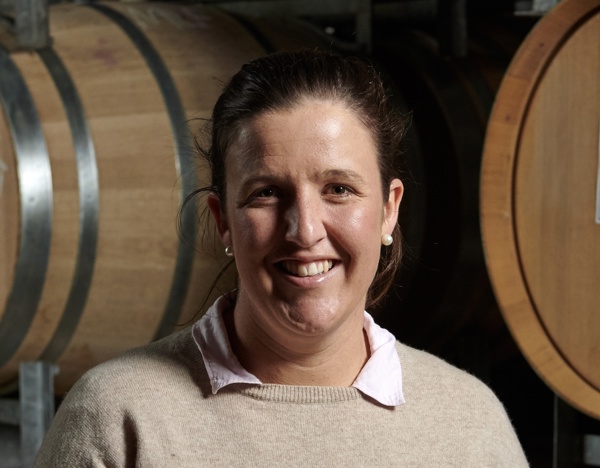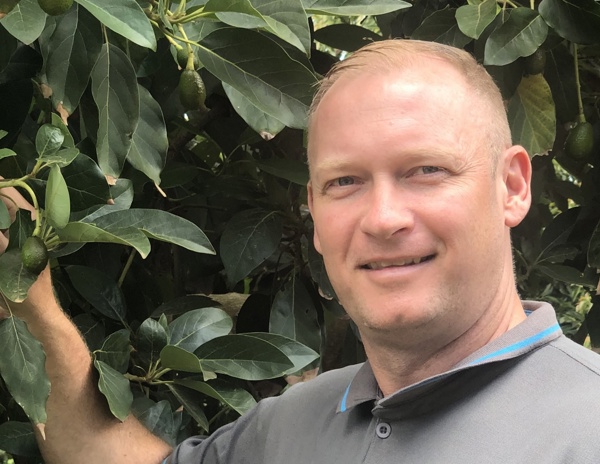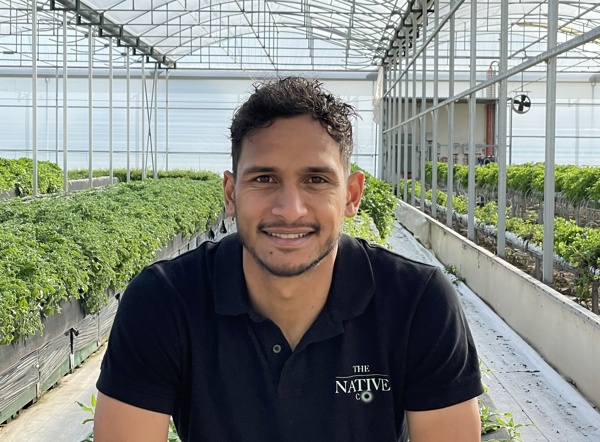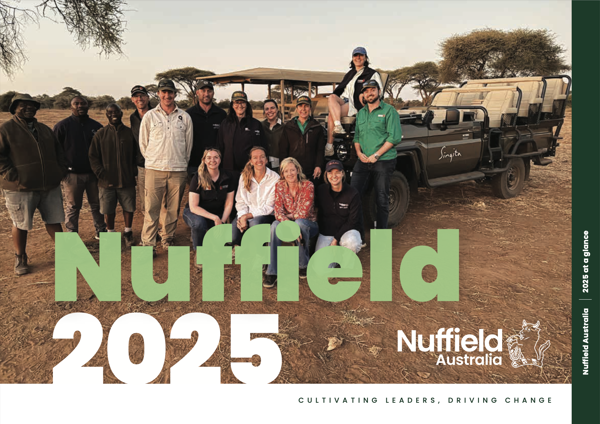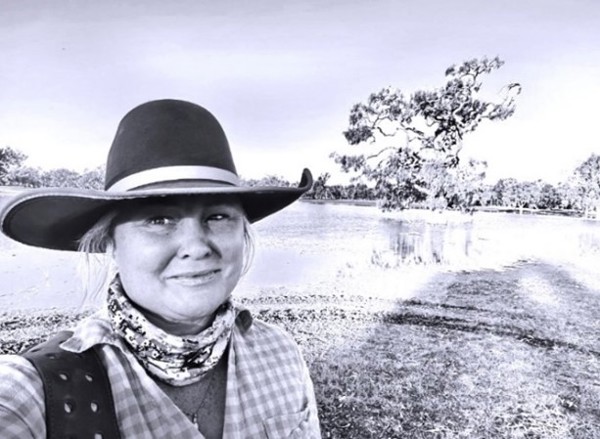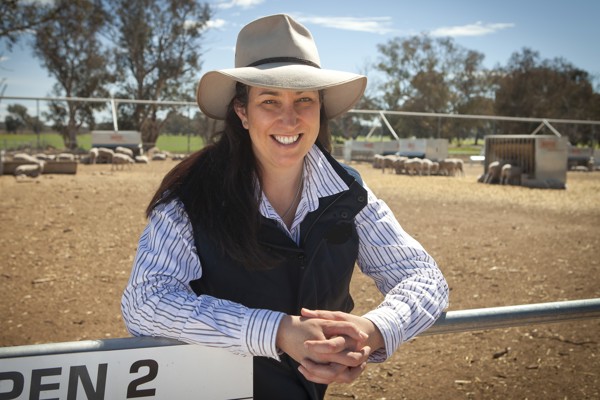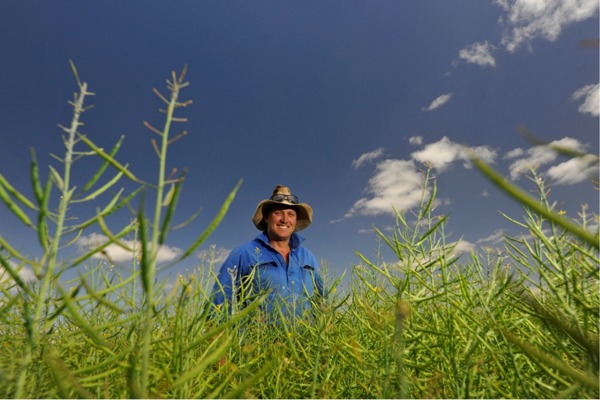A Wolf Called Opportunity: Future-Proofing Wool Supply Chains
“We have an opportunity to identify the shortcomings in climate and environmental policies, as well as emissions measurements for grazing livestock, to engage thoughtfully, rebuild these systems, and take decisive action to create a path forward that will strengthen Australian agriculture and the production of wool into the future.”
An former wool grower from Tasmania is calling for change in reporting and accountability in carbon as the current approaches risk increasing emissions and contributing to climate instability, while asking farmers to take on disproportionate risk in unproven carbon markets.
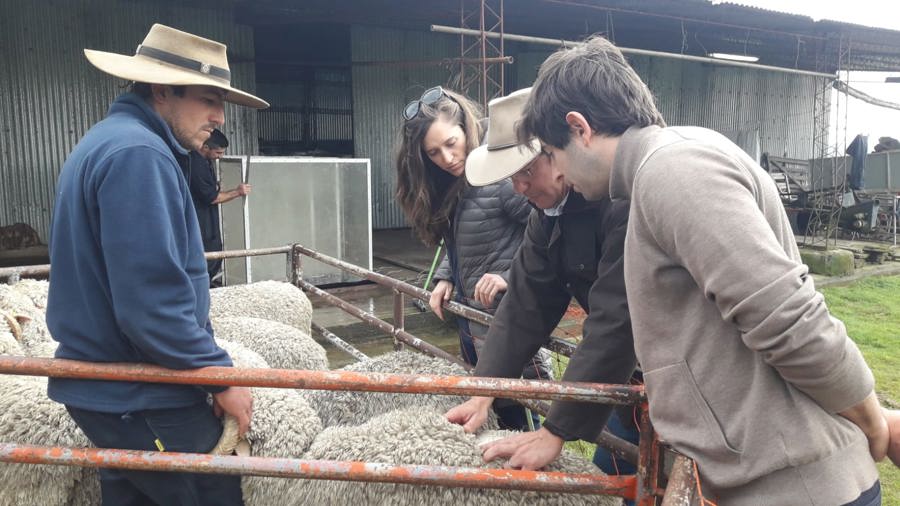
Colette Glazik, 2022 Nuffield Scholar, has released her report “A Wolf Called Opportunity”. Supported by Australian Wool Innovation Limited (AWI). Colette’s report taking its title from the symbolic duality of the wolf – as both transformation and threat – the report challenges farmers to engage and policymakers to rethink how opportunity is defined and delivered to ensure Australia has a strong agricultural future.
Her travels took her to the United Kingdom, Ireland, Costa Rica, Chile, Uruguay, Argentina, America, Singapore, Japan, the Netherlands, Israel, and Papua New Guinea. She explored supply chains across a broad spectrum of industries, environmental markets, policy ecosystems and financial mechanisms considering how they shape agriculture’s future and how they could be applied to the production of wool.
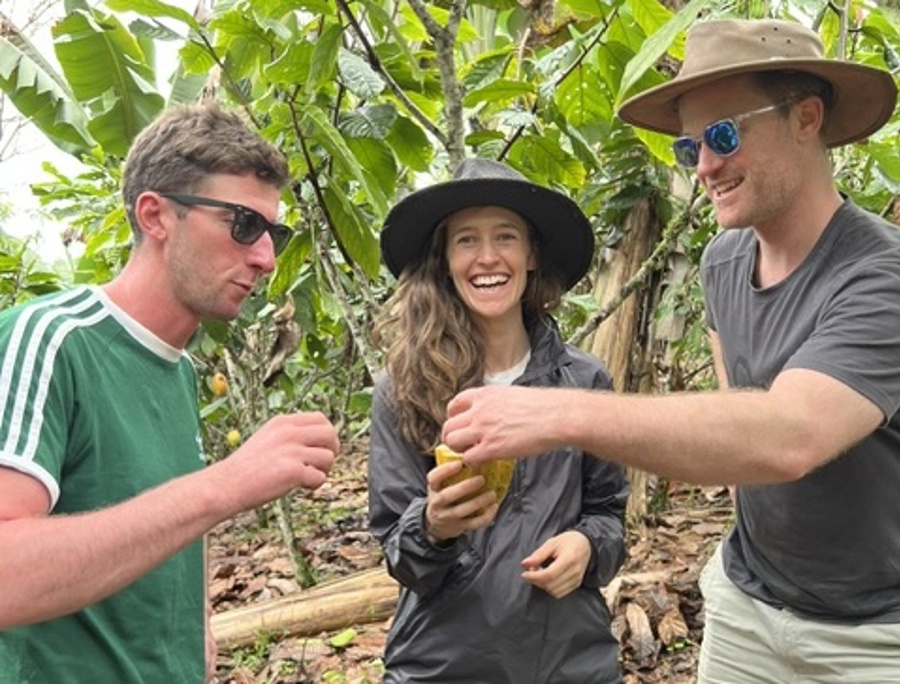
Her report highlights that farmers are being encouraged into carbon markets and climate schemes that may ultimately undermine their livelihoods. The report raises serious concerns about how emissions from livestock are being measured, highlighting scientific and methodological flaws that distort the real impact of grazing systems.
Colette presented her findings at the 2024 Nuffield National Conference in Launceston, Tasmania.
Her full report, A Wolf Called Opportunity, is now available on the Nuffield Australia website, offering further insights into national and international climate policy and markets and how these may influence wool production into the future.

